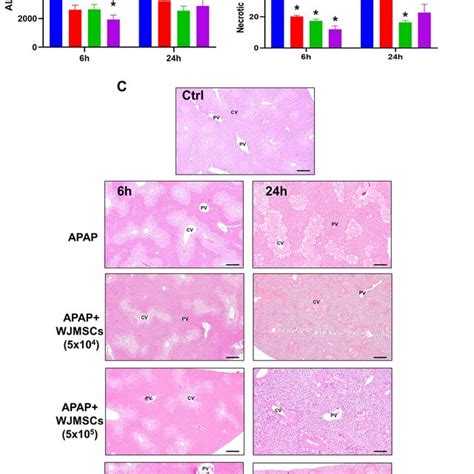Delayed Stem Cell Results? Troubleshooting Tips
Stem cell therapy offers exciting possibilities for treating various conditions, but it's crucial to understand that results aren't always immediate. Many factors can influence the timeline for experiencing benefits, leading to understandable concern if you're not seeing the expected progress. This article explores potential reasons for delayed stem cell results and offers troubleshooting tips to help you navigate this common concern.
Why Aren't I Seeing Results Yet? Understanding the Variability of Stem Cell Therapy
The time it takes to see results from stem cell therapy is highly variable and depends on several interacting factors:
- The Condition Being Treated: Some conditions respond more quickly than others. For example, improvements in osteoarthritis pain might be noticeable sooner than significant regeneration in a severely damaged spinal cord.
- The Type of Stem Cells Used: Different types of stem cells (e.g., mesenchymal stem cells, hematopoietic stem cells) have different mechanisms of action and may have varying timelines for efficacy.
- The Severity of the Condition: More severe conditions may require more time and potentially multiple treatments to see substantial improvement.
- Individual Patient Factors: Factors like age, overall health, lifestyle, and the presence of other medical conditions can all influence the healing process and the speed at which benefits are observed.
- Treatment Protocol: The specific method of administration (injection site, dosage, etc.) can affect the speed and extent of results. Poor injection technique, for example, could lead to suboptimal results.
- Body's Natural Healing Response: Ultimately, the effectiveness of stem cell therapy depends on your body's ability to integrate and utilize the introduced stem cells to promote healing and regeneration. This process varies from person to person.
What Should I Do If My Results Are Delayed? Troubleshooting Steps
If you're experiencing a delay in seeing the anticipated benefits of stem cell therapy, consider the following:
1. Maintain Realistic Expectations and Patience:
Stem cell therapy isn't a magic bullet. While many individuals experience significant improvements, results often unfold gradually over weeks, months, or even longer. Avoid becoming discouraged by a lack of immediate change.
2. Follow Post-Treatment Instructions Meticulously:
Adhering closely to your doctor's instructions regarding rest, physical therapy, medication, and lifestyle modifications is paramount. Non-compliance can significantly hinder the therapeutic process.
3. Maintain a Healthy Lifestyle:
A healthy lifestyle, including proper nutrition, regular exercise (as advised by your physician), stress management, and sufficient sleep, can optimize your body's capacity for healing and enhance the effectiveness of stem cell therapy.
4. Open Communication with Your Doctor:
Regular communication with your doctor is vital. Schedule follow-up appointments as recommended to monitor your progress, discuss any concerns, and make adjustments to your treatment plan as needed. Be prepared to discuss any unexpected symptoms or side effects.
5. Consider Complementary Therapies (Under Medical Supervision):
Some individuals find that complementary therapies, such as physical therapy, acupuncture, or massage, can complement stem cell therapy and help accelerate the healing process. However, always discuss these options with your physician before starting any additional treatment.
6. Understanding Potential Limitations of Stem Cell Therapy:
Stem cell therapy isn't a guaranteed cure for all conditions. While it has shown promising results in many areas, it's essential to understand that it may not be effective for everyone, and the extent of improvement can vary significantly.
7. Are there specific things I can do to support my body's healing after stem cell treatment?
Supporting your body's natural healing processes post-treatment is crucial. Focus on:
- Hydration: Drink plenty of water to aid cell function and regeneration.
- Nutrition: Eat a balanced diet rich in fruits, vegetables, and lean protein.
- Rest: Allow your body sufficient time to rest and recover.
- Gentle Movement: Engage in low-impact activities as advised by your physician.
When to Seek Further Evaluation
While patience is essential, it's important to discuss your concerns with your physician if you haven't seen any progress after a reasonable timeframe (this timeframe varies depending on the treated condition and the individual patient). Your doctor can conduct further evaluations to determine if adjustments to your treatment plan are necessary or if alternative treatment options should be considered.
Disclaimer: This information is intended for educational purposes only and should not be considered medical advice. Always consult with a qualified healthcare professional before making any decisions related to your health or treatment.

